There are 1.1 billion girls in the world today, a powerful constituency for shaping a sustainable world that is better for everyone. They are brimming with talent and creativity - but their dreams and potential are often thwarted by discrimination, violence and lack of equal opportunities.
For today’s International Day of the Girl, girls from across the region sent their questions to heads of UNICEF, UN Women and UNFPA in Asia and the Pacific about the issues that matter to them.
Karin Hulshof (UNICEF) Miwa Kato (UN Women) and Yoriko Yasukawa (UNFPA) answer girls’ questions
Angela (15) the Philippines
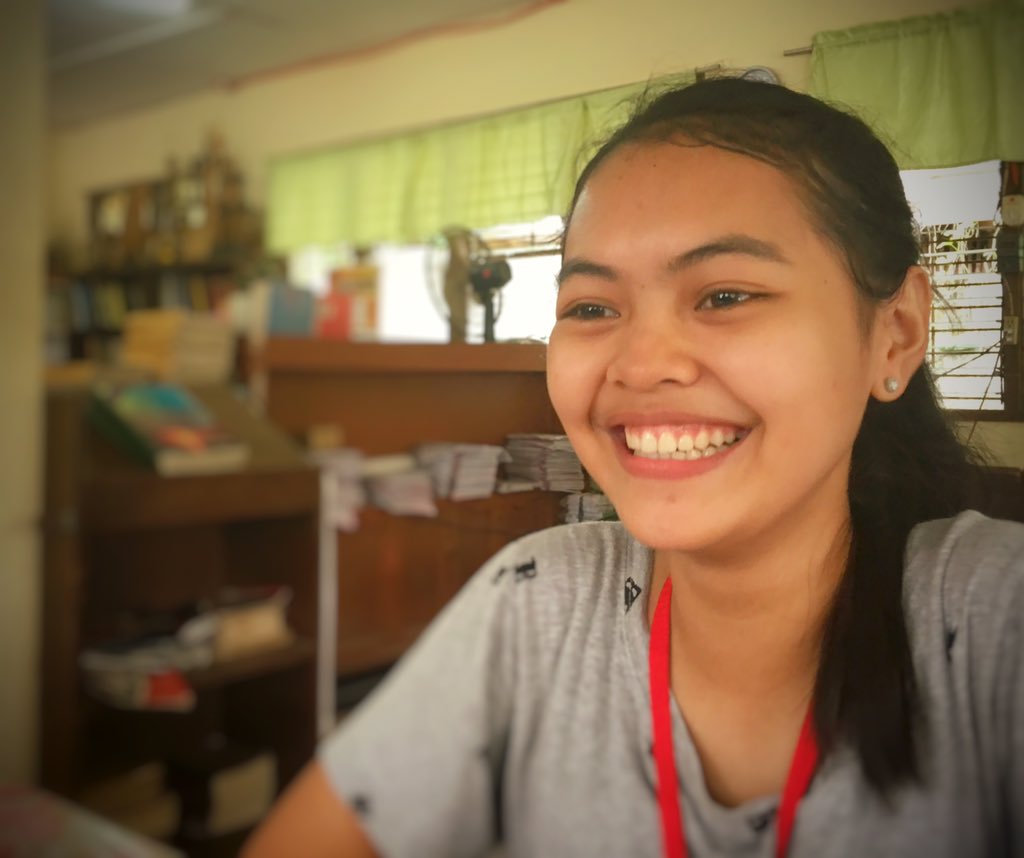
"How can we better make sure girls know the consequences of what they do in terms of sex and pregnancy?”
That’s a really important question! At UNFPA we work to convince governments, teachers and parents that comprehensive sexuality education is absolutely necessary for all young persons. And it must ideally begin at a very young age, before puberty, before young people take decisions of the utmost importance to their lives.
It’s not just about sex – it’s also about respecting your body and yourself as a person, and respecting others. It’s about having access to all the information one needs, without moralistic judgment. It’s so important that sexual and reproductive health services are accessible to young people – such as contraceptives or, if needed, testing for sexually transmitted infections and HIV – so that they can better protect themselves and their partners.
And as you and your peers are doing, it’s really important to discuss these things in an open, frank way, so that myths and stereotypes can be replaced with facts and reality.
Teaching young people about sex does not encourage sexual activity but rather ensures that they make wise and responsible choices so they don’t have to deal with unforeseen or unwanted consequences, such as teenage pregnancy.
Thanks, Angel, for all that you’re doing to help your friends and society at large. We're very proud of you!
Yoriko Yasukawa, UNFPA.
Ruha (11) the Maldives
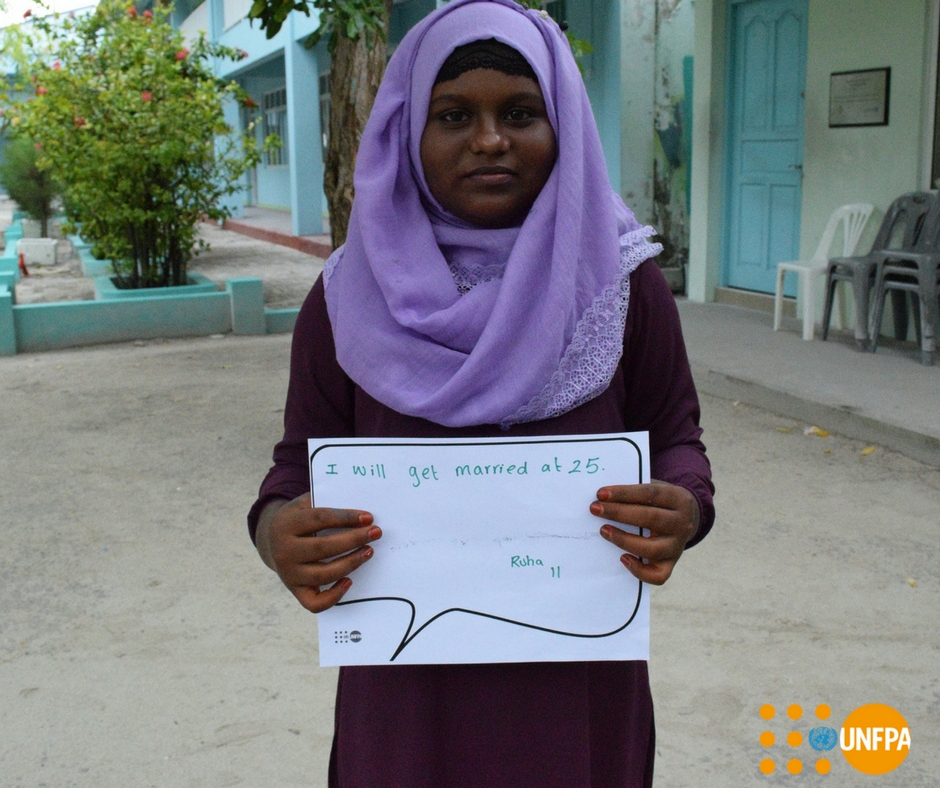
"How can we help stop girls from getting married too young? I will get married only when I am 25!”
You’re setting a great example for others, Ruha. Child marriage, or marrying a girl off when she’s too young, is a huge crisis in many countries across South Asia and elsewhere – a crisis that we must all work together to address.
Girls – and all young people – must have the opportunity to complete their education, access the job market and lead full and prosperous lives. Child marriage, or getting married too young, prevents that from happening and quite literally ruins a girl’s life, preventing her from reaching her true potential.
It’s also dangerous for young girls to become mothers when their bodies aren’t ready to bear children. The physical damage can sometimes be fatal – or, if the girl survives childbirth, the physical damage often may not heal, leaving her emotionally scarred for life as well.
Equality for women and girls means that they and only they can choose if they want to get married, when they want to marry, who they want to marry, and – at the right time – when to have children and how many. Choice means freedom – freedom means choice.
We hope you will inspire other young people, as well as your family, your teachers and your society’s religious leaders, to end child or underage marriage – and that you will fulfill all your dreams, in terms of your education, your career and your family life, however you want it to be.
Yoriko Yasukawa, UNFPA.
Vidphada [left] (11) Lao PDR
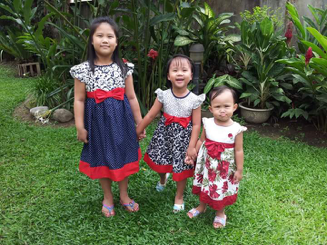
"I want to be a teacher when I'm older because I think smart girls can help the country develop more. What do you think about girls and education?"
Thanks Viphada - I couldn't agree with you more! Educating girls has a big impact and can help change the world for the better. We call it the ‘Girl Effect’: Girls like you with dreams of becoming strong women with a good education can then lift their entire community and help develop the country.
Education is one of the most important areas of empowerment. With education you can have the chance of a healthier and happier life. Educating girls also provides benefits for society as a whole. Educated women contribute to their communities and help those around them develop.
With a good education, a girl like you can become a teacher, a doctor or the President. And with a good education, a girl like you can help make your community, and country, a better place to grow up.
Good luck Vidphada!
Karin Hulshof, UNICEF.
Natalie (19) Papua New Guinea
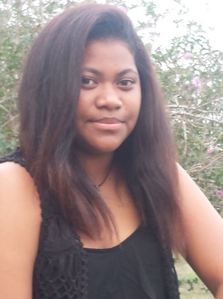
“Violence against women and girls is a big concern – what can be done to stop it from happening?”
You are right, violence is a big concern. Violence against women and girls is one of the most widespread and significant challenges of our world.
An important step in ending violence is to prevent it from happening. We need to question and change the deeply rooted norms that lead to violence against women and girls. Everyone must understand that men and women, boys and girls are equal and that violence against them is not acceptable.
Another important step is to make sure there is a quick and appropriate response when violence against women and girls occurs. We need effective laws and women and girls must have confidence that they will receive support, protection and justice. Women and girls alike experiencing violence need to know they will be supported when they report violence.
Every one of us can and must play a role to end violence against women and girls in our community.
Thank you Natalie.
Karin Hulshof, UNICEF.
Kim Seo-young (16) Republic of Korea
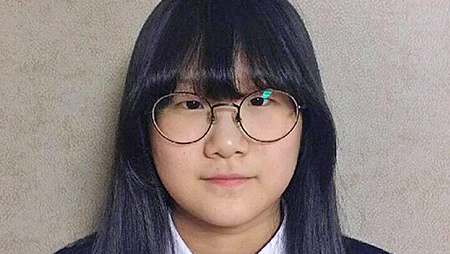
“Girls are in a much easier position to be targeted for sexual violence. What is the UN doing to protect them from this?"
Sexual violence against women and girls is a very serious issue. It affects 1 in 3 women around the world, and some of the reports coming out of this Asia Pacific region concerns us even more.
What boys might not see as violence, could very much constitute the violence when it’s experienced by women and girls. So we very much start out from raising awareness about what constitutes violence against women and girls.
We of course try to make sure and work with the governments to have them have a proper legal measures to prevent violence, but also to look at various factors that leads to structural violence against women and girls.
Miwa Kato, UN Women.
Oh Su-in (16) Republic of Korea
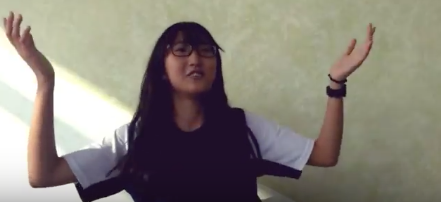
”Would it be possible for normal girls like us to take high positions in our work places?"
Yes, of course. And this is where we need to start saying “yes.”
Boys and men have a lot of role models and examples of people in leadership positions. Women and girls may have less. So this is of course a factor. But if we keep on modeling ourselves on what is available today, we will never have any progress. So when you think of human civilization and all the progress that we have made, it was to push that envelope, to go a little bit further to make sure that you are that role model to take that leadership position.
All the limits that you might feel exist in your life, try to take them aside. Because a lot of the limits are very much within our own minds. And if wer're determined to remove those limits, you’ll be very surprised what you can do!
Miwa Kato, UN Women.
Read more on the International Day of the Girl


